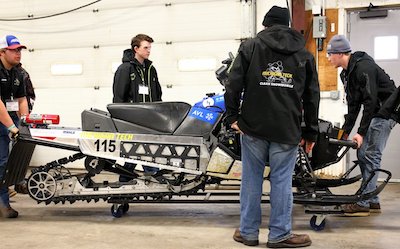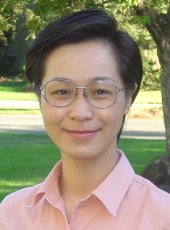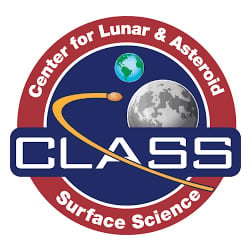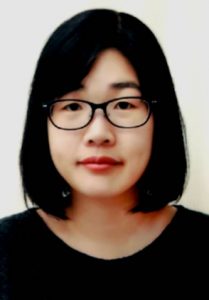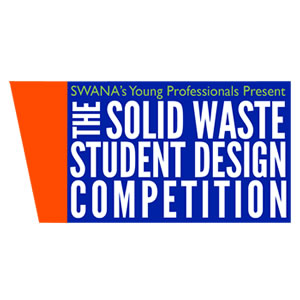
Andrew Barnard (ME-EM/GLRC) is the principal investigator on a project that has received a $248,517 research and development grant from The U.S. Department of Defense, Office of Naval Research.
The project is entitled, “ONR STEM ROTC Cyber Education Initiative.” Timothy Havens (CComputing/GLRC), Laura Brown, (CC/GLRC) and Yu Cai (CC/GLRC) are co-PI’s on this one-year project.
By Sponsored Programs.
